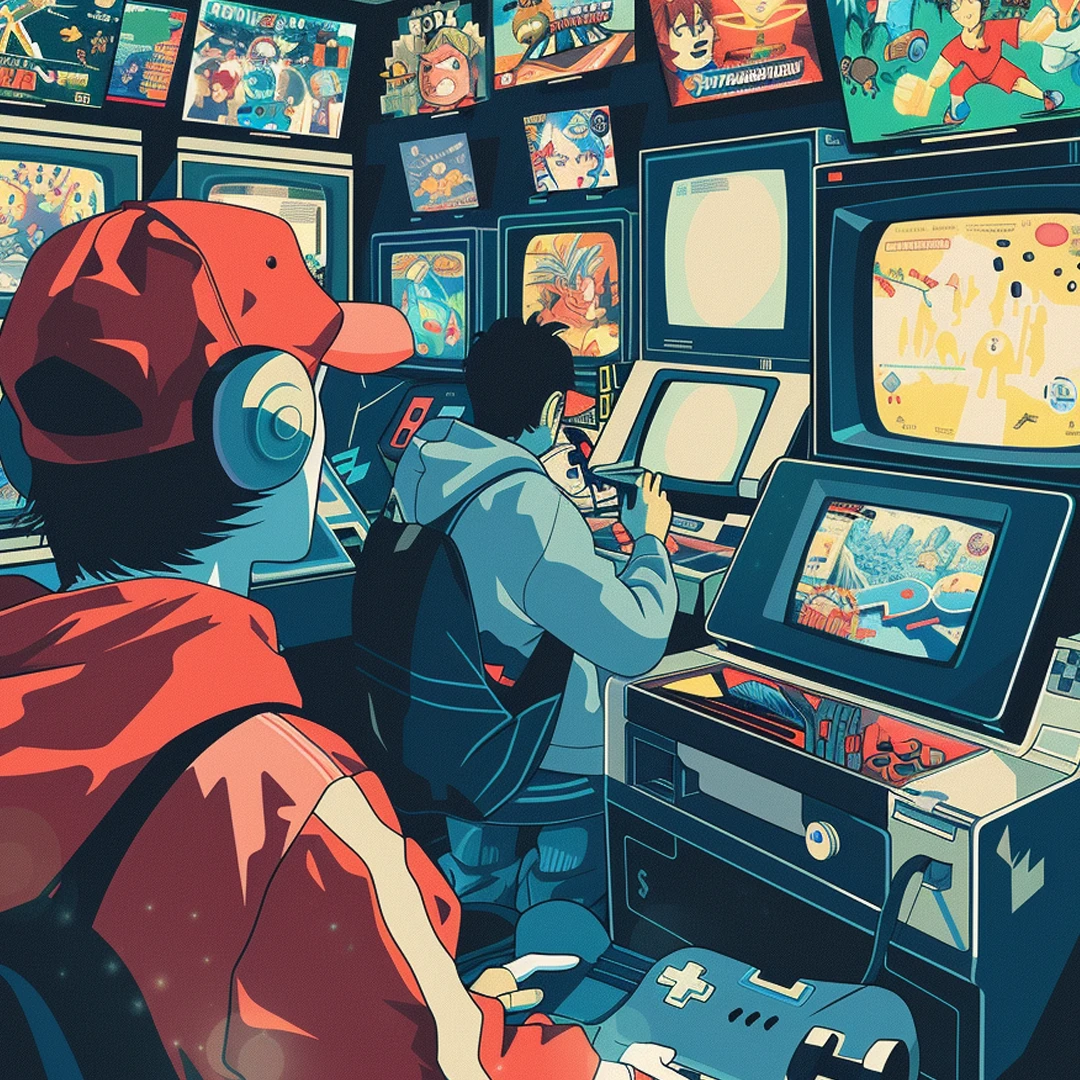
Metaverse: Are You Ready Player One?
Most of us remember the early days of the internet and how magical it felt to be instantly connected worldwide with unlimited information at our fingertips. We had many new and strange technologies to learn from ISPs to email, which are now a regular part of our everyday lives.
At the moment, the Metaverse may feel like those early internet days; what is it, and how will it expand into our lives in the future? Let’s dive into this fantastic technology and discover why we would spend time and money in Metaverse.
WHAT IS METAVERSE?
The concept of virtual reality has been around since the 1950s. Still, it was not until the 1980s that a more realistic simulated experience became widespread. A person – generally using a headset – could move and interact with an artificial world and the virtual items within it. ‘Metaverse’ was created by author Neil Stephenson in his 1992 book ‘Snow Crash’, which explored an all-encompassing digital world which existed in parallel to our own.
Metaverse is still being defined; it can be broadly described as a shared virtual space that is interactive and immersive. Your avatar would exist with digital assets, a 3D version of the internet where you can spend your digital life.
MORE THAN A VIDEO GAME
Given its high-value projection, the Metaverse is seen as a significant player in growing the digital economy. There may be investment opportunities in areas including virtual homes, office space, advertising, cryptos and NFTs. But while the Metaverse is already considered the future of entertainment, fashion, and gaming, the most likely best-case use will be for education.
ARE YOU READY PLAYER ONE?
Some experts believe “many people will be in the Metaverse somehow” by 2030. The hardware it requires will be the first challenge. The second challenge that requires interoperability between platforms is allowing you to take virtual clothes or cars, for example, to different Metaverses. This will be vital for the Metaverse to work. There will also be legal and commercial challenges, apart from figuring out who will act as the police.
Perhaps we’ll live in the Metaverse intermittently. Then, maybe, we’ll laugh at this article a decade from now, thinking how naive people were to have questioned the rise of the Metaverse.
Related posts
Generative and Retrieval AI: A Modern-Day Librarian’s Tale
In recent months, the media has been somewhat obsessed with artificial intelligence (AI) and its tra
Why a Custom WordPress Theme is the Best Choice for Your Business
With many pre-made themes available, the question arises: Do you need a custom WordPress theme for y
How Accent’s Team Stays Sharp and Connected Through Gaming
When you think of computer games, what comes to mind? For many, it’s images of teenagers hunch



